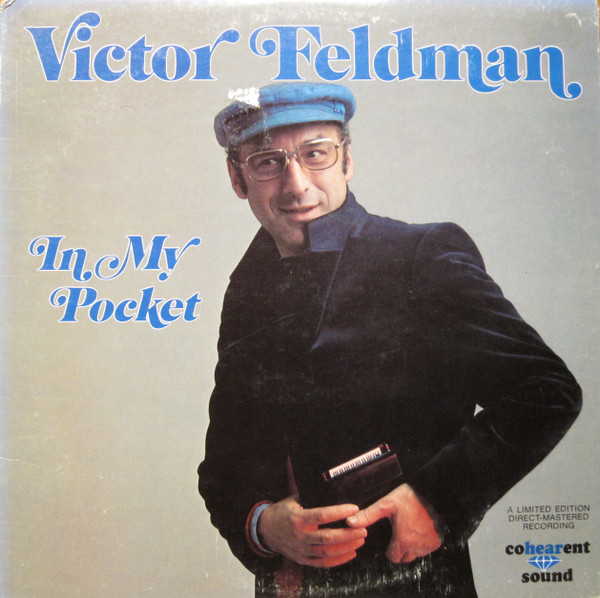I don't know anyone who actively listens to all styles of music, from classic chamber music to orchestral, to jazz over folk and rock to pop, rap, house and techno. (And certainly not someone using a tube amplifier to do so).
That would be me

So I'm not that sure about the experience of 'many other people'.
By "many other" I mean the many audiophiles who prefer tube amplification (non-neutral), hence adding constant "distortion" in that respect.
(And most audiophiles I know have a very wide range of music taste).
What I do see is many people constantly switching gear.
Sure, it's common among audiophiles. Part of the hobby as it were. If the pursuit of accuracy actually stopped the intrigue with different equipment, you wouldn't see so many people here (Amirm included) playing with so much different gear, measuring, testing etc. It's just another way of playing with the gear. You can see people on this forum who've had gear for short or long periods of time, same with on other audio forums. (I've had my amps for 22 years BTW).
I don't have a problem with applying permanent low and high end eq to taste. As already mentioned before, even if you go the more objective route choosing a certain target house curve already involves preference.
But this discussion took the direction of adding distortion.
Altering a previously accurate reproduction to taste via EQ is just another way of distorting the signal - whether you do it sometimes, or leave it on a certain setting.
Adding permanent distortion is something I don't consider to be effective in all situations.
But you already acknowledge choosing a certain house curve EQ may not be objectively accurate - yet that would apply it to all situations (that is, to all the music).
Also, I totally get that you personally may not consider some blanket coloration is effective in all situations (depending on what you mean by that). But in my case I've found a slight "flavouring" of the sound IS effective in essentially all situations (that is, in all the music I play, from symphonic to electronic and everything in between). Horses for courses.
As a recording engineer you also don't apply tape saturation to all input channels and recordings, although it can be very effective in specific use cases. As a customer it's also very difficult to add the right type and amount of distortion by selecting different types of gear. But if it works for you, fine by me.
That's why in my argumentation I referred to 'well respected' engineers and studio's. Crap in is crap out.
Do you select which music you listen to based on whether it was produced by an "engineer that you respect?"
I don't. I listen to all types of music, mostly recordings from about 1960 onwards in my case, and I have no control whatsoever over the systems used to produce that music, or who even recorded it, or their competence. I can only control things on my end. And I just know what things I have done in my system to increase my enjoyment of the music on that system.
It's obvious that if we want to break the circle of confusion an effort is needed at both ends of the recording process. The process needs to be well executed. People making music in home studio's is a given, you can only hope they collaborate with a competent mastering engineer. He takes care of providing a consistent sound, and he typically doesn't use NS10's to do so. If that fails and sound character is all over the place, then I don't see how adding permanent distortion would solve this (unless it's meant to hide imperfections). It's even more reason for custom eq (and replay gain).
As I've said, the flavoring I perceive with my tube amps wasn't something I could directly duplicate with my EQ. Further, since I like it on everything it relieves me of even bothering with EQ at all. Works for me. I completely understand why it wouldn't work for you.
Again, to be clear: I'm not attacking anyone else's rational in how they approach their system. I think your approach and others is entirely reasonable too. Most people on this forum acknowledge anyone can have any preference they want in regards to their system. I'm just explaining my own (since the issue came up in the thread about why add a blanket distortion to a system?).
Cheers.


